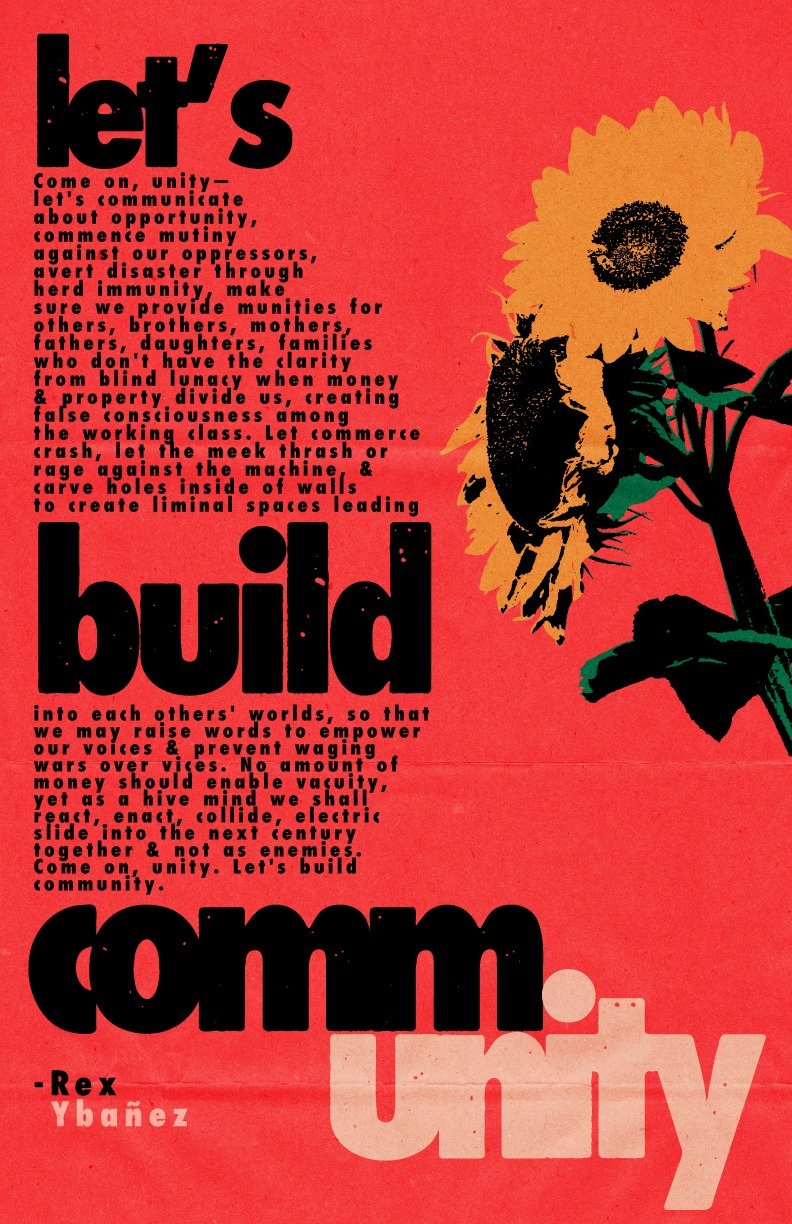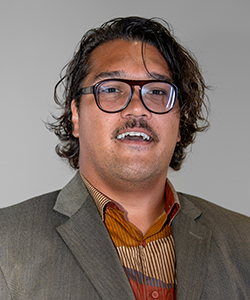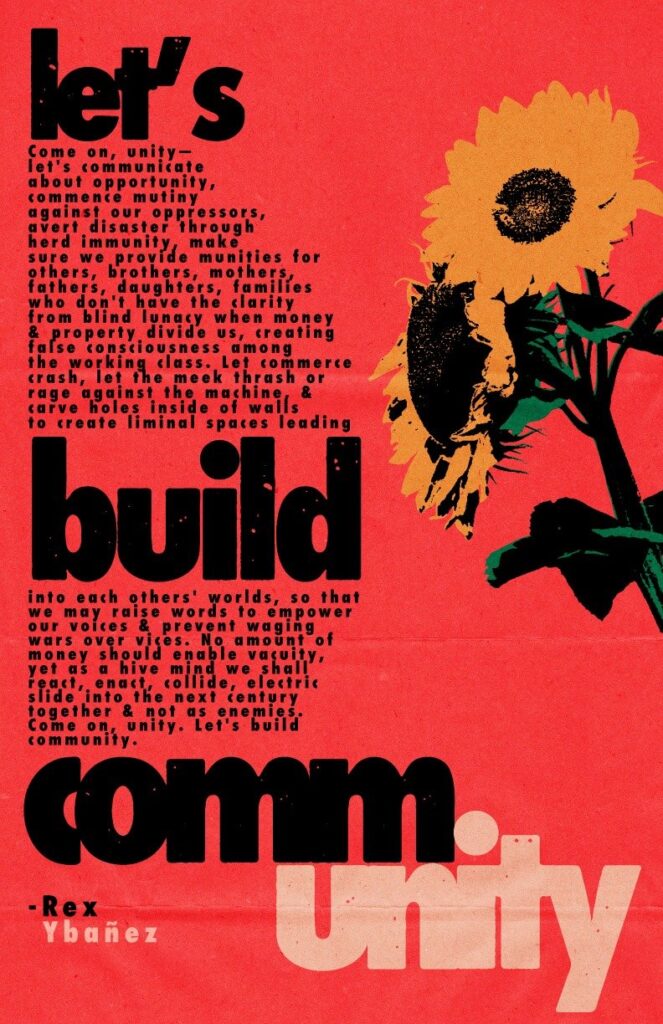
Affordable housing and poverty are among the top issues for voters this November. As these crises plague the polls, residents of Springfield, Missouri face the same national dilemma.
The City of Springfield Impacting Poverty Commission reports that 20% of citizens in Greene County live in poverty, and Habitat for Humanity estimates roughly 2,500 are houseless. Groups advocating for the rights of tenants and the homeless are consistently working to reshape the structures in the city, and at the forefront of that battle is Springfield Tenants United (STUN).
Rex Ybañez, an active member of the organization, has served as both the Arts and Culture Lead and as the current Director of Communications.

Photo courtesy of Drury University
Q: Was there a particular experience that inspired you to become involved with Springfield Tenants Unite?
A: With housing narratives, it always gets a little personal…I was a tenant again…and my roommate was hesitant to put me on his lease, because he was moving soon…Even though I had a place to be at, do work, sleep, whatever, I was still technically homeless at that point, which is a weird thing to think about. It wasn’t until then, having conversations with leaders at Springfield Tenants Unite, that I realized “Wow, I’m technically homeless”. I never would’ve thought about it that way unless I had those conversations. That would’ve been the moment when I was like, yeah I need to join the union.
Q: What rights and objectives is STUN currently fighting for?
A: Right now, we are in our campaign called “Healthy Homes Guarantee”. In this campaign, we are, not just advocating, but pushing for policy centered around implementing things like landlord licensing and rental inspections. Now, in Springfield, you can register to be a landlord, but that’s based around weak city codes, and it’s not enforced at all….for instance, if your landlord fails to pass inspections or let a property become dilapidated, they [should] be penalized for not taking actions to fix up their rentals. Those are the things we’re mostly focused on in this campaign. And we’re close to winning…
Q: From what you’ve seen, how has the affordable housing crisis manifested in Springfield?
A: For context, I live in West Central, and people complain about [that neighborhood] being not well kept and stuff like that…but I think the neighborhood just doesn’t have amenities or city money to help it flourish. It has a community garden right outside of Mother’s Brewing company, so it’s got that, but other than that, there’s really nothing. And [West Central] is right next to downtown. There’s a few abandoned homes and places you’d consider nuisance properties because nobody’s taking care of those spots. It’s funny, the city wants to prioritize…sports complexes and tourism, adding things like a second Target…but when we invite people external to our city, what are they going to think about our housing? You can drive five minutes anywhere, and you’d see plenty of dilapidated housing.
Q: As the Arts and Culture Lead, you wrote the official STUN poem. You wrote that we must provide support to “families who don’t have the clarity from blind lunacy when money and property divide us, creating false consciousness among the working class”. Can you define for me those “false consciousness” and “blind lunacy” you wrote about?
A: When I was taking some classes at Missouri State…I was in this class called “Literature, Culture, and Conflict”….and there’s something in that class that my professor said that I could never shake: “All ideology is false consciousness. I think what he was meaning to say by that was: we’re still in this post modernist construct where we’re identifying with labels. Those labels are what divides us, and it’s like, how can we achieve class consciousness if we’re continually dividing ourselves with these labels? Housing is so foundational, pun intended, that I think if we can all get behind the housing issues and seek solutions to solve it as a collective, we can get rid of that false consciousness. It’s part of the class consciousness reawakening we could have in our society today.
Q: Beyond the concrete action STUN is taking, as a poet yourself, what role do the arts play in ending poverty and homelessness?
A: I think the arts have always been apart of any movement. Art is propaganda, and there’s this negative connotation with propaganda that it’s “stretching the truth”, but I don’t feel that way. Maybe it feels like that to it’s opposition, but it’s all perspective at that point…and so is art. Art is all perspective, and I think art is a way of saying the unsaid, especially in poetry. So I think now more than ever, people are becoming a lot more vocal with their art, their poetry, their music, and it’ll always be at the forefront of every revolution.
